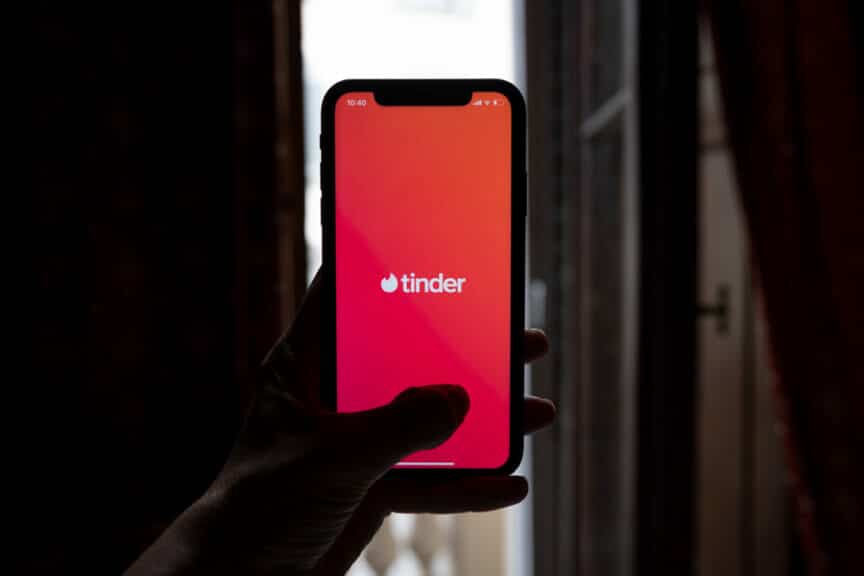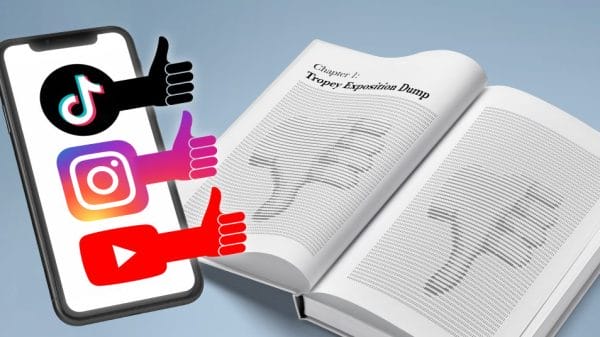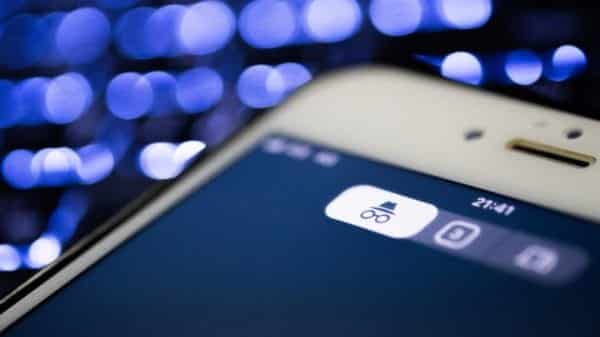Journalist Judith Duportail has revealed the secret recipe used by dating mammoth Tinder and has now published a book telling all.
Most people will have used Tinder at some point or at least are aware of what it is and how it functions. There are roughly over 50 million people using the app from around the world so it’s safe to say that it is an established dating app, possibly the biggest. The question however that many people have is, how does it work?
When journalist Judith Duportail pondered this question, she decided to action her thoughts and contacted Tinder to see if they would provide her with some sort of context. However, after they refused to answer her questions, she used the mighty GDPR to force the company to provide her with all of the information they had on her since she created her account in 2013 – 870 matches and all. The document that they provided to her was 802 pages in length!
Although 802 pages of information on oneself may be enough reading for an eternity, this revelation actually inspired Duportail to push even further and to request information on her “desirability score”, which is sometimes referred to as an Elo score, whose existence was revealed in 2016 by CEO of Tinder, Sean Rad. This system actually creates the basis for how the app works. The algorithm gives users a score between zero and one based on set criteria – things like your socio-professional category, estimated IQ and education level. This score is constantly being reassessed based on your interactions with others like swipes left and right. If you get a match with someone who has a higher score than you, then your score increases (Black Mirror vibes anyone?).
The Secret Recipe: A 27-Page Patent
Duportail published her book on March 21st, titled “L’Amour sous algorithme” which basically removes any idea that the Tinder algorithm is neutral and delves into the story of how the journalist embarked on her quest to find out the information the app has on her. The book also accounts Duportail’s relationship with herself, her body, her desire, and seduction.
Her quest ultimately led her to discover a 27-page patent, filed on Google Patent in 2019 by the two co-founders of Tinder and then updated in 2018. Looking deeper into this patent, Duportail discovered that in fact, we are not technically matched with people based on geographical proximity, but actually the algorithm suggests younger, poorer and less educated women to men, but never the reverse.
Reportedly the system designed by Tinder is one-sided and has been concocted by men, for men. However, based on statistics that claim that of the 4 million paying Tinder Gold clients, two-thirds are men, the author is not surprised to come to this conclusion. With staggering reports that last year, the company made a profit of 810 million dollars, perhaps they would suggest that this model works for them financially, however morally, there may be questions that need to be asked.
Duportail contacted the company once again and they got back to her stating that the patented system is not used in the app. On March 15th. Tinder revealed that it would no longer be using the “desirability score”, which has only lead to more questions being asked about how transparent they are with their pairing tools. Judith Duportail spent a year investigating the Tinder machine and recently spoke with Konbini to describe her journey. See the interview below.

Interview with Judith Duportail
Why did you focus on the Elo Score in what you describe in your book as an “existential quest”?
Judith Duportail | I discovered the existence of the Elo Score in 2014 in an American business magazine. I was instantly revolted by the idea that my telephone was assessing my desirability in secret. Like many other women, I already felt that my body and appearance were being evaluated all the time and the knowledge of this score cemented that feeling.
Several days before your book was published, Tinder announced the end of the “desirability score” system. Do you think that decision had anything to do with you?
I’d been in rather tense discussions with Tinder on the matter for several weeks, and they were fully aware that the book was coming out. I’d be very surprised if the announcement was a coincidence! I’m happy they’re getting rid of the Elo Score, but they haven’t said what will be replacing it. It might be even worse! Why can’t they be more transparent?
In your book, you compare Tinder to Bumble, which advertizes itself as a kind of “feminist Tinder”. Do you think a truly equal Tinder is possible?
The mathematician Cathy O’Neil is at the forefront of this debate and explains it very well: “There’s no such thing as a neutral algorithm.” Other scholars I interviewed in my book go further, explaining that neutrality doesn’t exist – what we call “neutral” always reflects the needs and desires of the dominant power. If we can develop sexist algorithms, we should also be able to come up with feminist algorithms. That would be great! But what strikes me most about Tinder is their inconsistency.
The company takes a progressive stance in public, marching on International Women’s Day, campaigning for equal pay, etc. But I came across an extremely sophisticated matching system during my research which was based on a completely different set of values. Why pretend to be progressive while privately defending traditional ideas of male and female roles?
Unlike Facebook and Twitter, nobody has studied the psychological side effects of regular Tinder use. Do you think the application exacerbates (or even causes) neuroses?
I don’t know if it creates new neuroses, but it certainly brings out a dark side in some people and activates a need for validation in others. If you’re fragile in that respect, you can get addicted to it quite quickly.
There are some pretty dark things happening on these platforms, and the experience is often very different for men and women. Research shows that women receive far more sexual, vulgar and aggressive messages. Men, meanwhile, are often the first to write to women and regularly get rejected. The result is that when a man and woman start talking, they’re already starting out from a place of fatigue. The system gives rise to a kind of weariness, mistrust and bitterness towards the opposite sex.
What is the most worrying consequence of applying tech solutions like Tinder to personal relationships?
I don’t want to be too negative here, because I really think it is possible to fall in love through Tinder. It’s happened to me twice. But what I noticed during my research was the banalization of a kind of nonchalant cruelty. When everything’s so “casual”, people allow themselves to say and do all sorts of hurtful things.
In the book, I tell the story of a guy I used to call Mirage (because he’d disappear whenever I got too close) who told me he was always “tempted to go back on Tinder and see if there’s anything better out there”. “Better” in this case meant better than me! It’s a crazy thing to say to someone, isn’t it? You’d never say that to a friend. Why has it become almost normal in the dating world?
Have you broken free of the system of permanent comparison you seemed to be drowning in during your research?
It’s an ongoing battle. As a woman, I grew up with dozens of voices in my head telling me constantly that I wasn’t “something” enough. Not thin enough, not determined enough, not beautiful enough, etc. When writing the book, I realized that all women have these voices in their heads, quite simply because these voices are an expression of the sexism present in our society. We all have a direct line to the patriarchy.
I’ve realized that one of the most rebellious, political things I could do is to be sweet and indulgent with myself. That’s the message I hope to send to women and girls with my book. I hope to convey a bit of love and peace with oneself.
How far have you gone to watch Endgame? This far?













